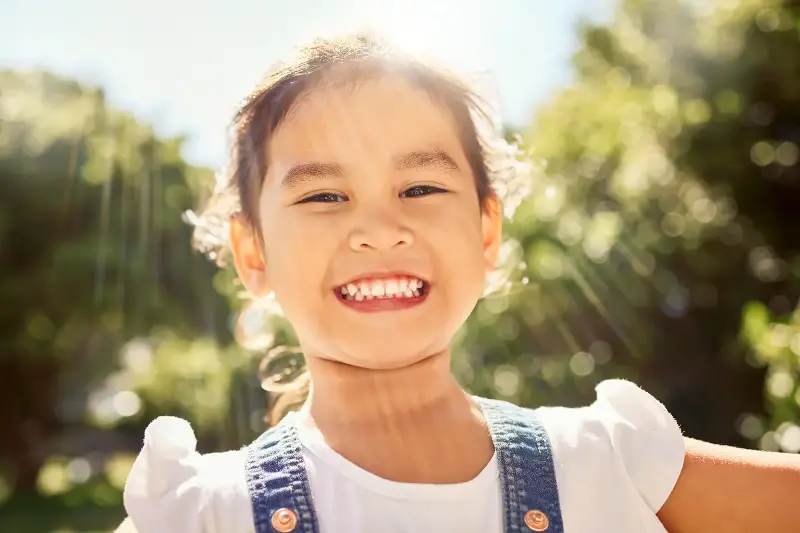A child’s early sense of self is a fragile sculpture, taking shape with each word, glance, and gesture they receive from the world around them. Imagine the sparkle in a child’s eyes when they feel genuinely valued—this isn’t just a fleeting moment. It is the foundation for confidence, resilience, and lifelong joy. Strong self-esteem transforms not only a child’s present but also the path ahead, colouring their teenage and adult years with a sense of possibility. Let’s explore how simple, mindful parenting practices can be true game-changers in the art of nurturing unshakeable self-esteem.

The Science Beneath the Surface
Delving into the psychology of self-esteem, research shows that children start forming their self-concept as early as age three. Their self-worth grows from consistent, affirming interactions, like morning snuggles that smell of fresh linen or the hearty laughter of family game nights. It’s these textured, sensory moments that children internalise, gradually associating them with their own sense of value.
Psychologists report that children with higher self-esteem are better equipped to handle stress, rebuff bullying, and recover from setbacks. Self-esteem acts as an invisible shield, cushioning them from the bumps and bruises of growing up. Moreover, sources like the NHS and Parenting Science point out that strong self-esteem isn’t just luck or genetics—it’s built intentionally, bit by bit, day after day.

Planting Seeds: Everyday Habits That Create Lasting Change
Transforming a child’s self-esteem doesn’t require grand gestures; it lives in the heartbeat of daily life. Consider these mindful, practical techniques:
- Notice the Small Wins: Highlight their effort, not just achievement. Say, “I noticed how hard you worked on your drawing,” rather than just, “You’re so smart.”
- Active Listening: When your child shares a story—no matter how trivial—put away your phone, make eye contact, and listen. This signals, “Your voice matters.”
- Let Them Lead: Give choices, such as letting them pick their clothes or choose tonight’s book. Control over small decisions empowers them to trust their own judgment.
- Encourage Positive Self-Talk: Teach your child to replace “I can’t do this” with “I’ll give it another go.” Model this optimistic language yourself.
- Embrace Mistakes: Share your own slip-ups and laugh about them. Normalising imperfection helps children learn that mistakes are just stepping-stones to mastery.

The Role of Mindfulness in Parenting
In the whirlwind of modern parenting, mindfulness offers a grounding anchor. By slowing down and truly being present with your child, you foster an environment where they feel worthy just as they are—no matter the day’s chaos.
Practising mindfulness looks like this:
- Take a few deep breaths together when tension rises—a ritual that soothes frayed nerves and models healthy emotional regulation.
- Create five-minute windows where you sit, observe, and listen to your child with undiluted attention. These short but meaningful pauses tell your child, “Right now, you are my world.”
- Use gentle, non-judgemental language when correcting behaviour. Focus on the action, not the child’s character.
Incorporating mindfulness isn’t about perfection—it’s about presence. Even brief, conscious connections can make lasting impressions on your child’s self-image.

Beyond The Home: Building Resilience In The Wider World
While family forms the bedrock of self-esteem, opportunities to grow expand beyond the front door. Extra-curricular activities, friendships, and community involvements all contribute fertile ground for self-worth to flourish.
Encourage your child to try new experiences—be it joining a football team, learning to play the piano, or helping with a community clean-up. Each risk, each triumph or slip, adds texture to your child’s narrative, helping them see themselves as capable and adaptable.
Here’s how you can scaffold these broader adventures:
- Gently encourage participation in unfamiliar environments.
- Praise curiosity and bravery, not just victories.
- Debrief after setbacks with warmth: “What did you learn? What might you try next time?”
The Transformational Ripple Effect
When you unlock the secrets to nurturing self-esteem, you don’t just impact your child. The ripples spread—your child’s growing confidence inspires siblings, friends, teachers, and even you, as a parent, to value gentleness and authenticity.
Imagine a world where every child greets the morning with a sense of possibility and worth. Every affirming word, patient listening moment, and mindful interaction crafts this brighter reality.
What story will you help your child write about themselves, and how might those pages change the story of our collective tomorrow? The journey of building strong self-esteem is not about grand destinations, but the everyday footprints you leave together—one mindful moment at a time.
